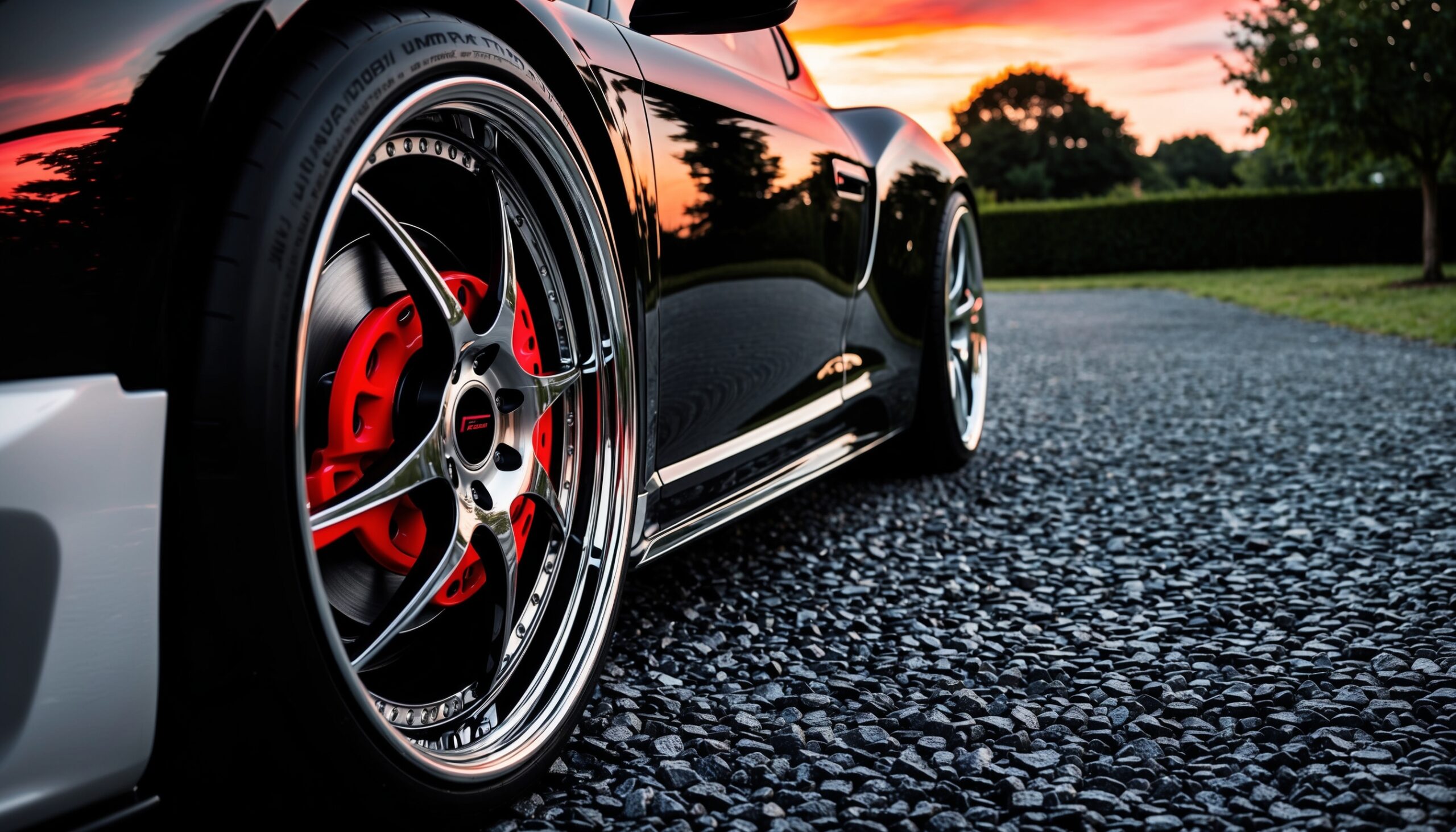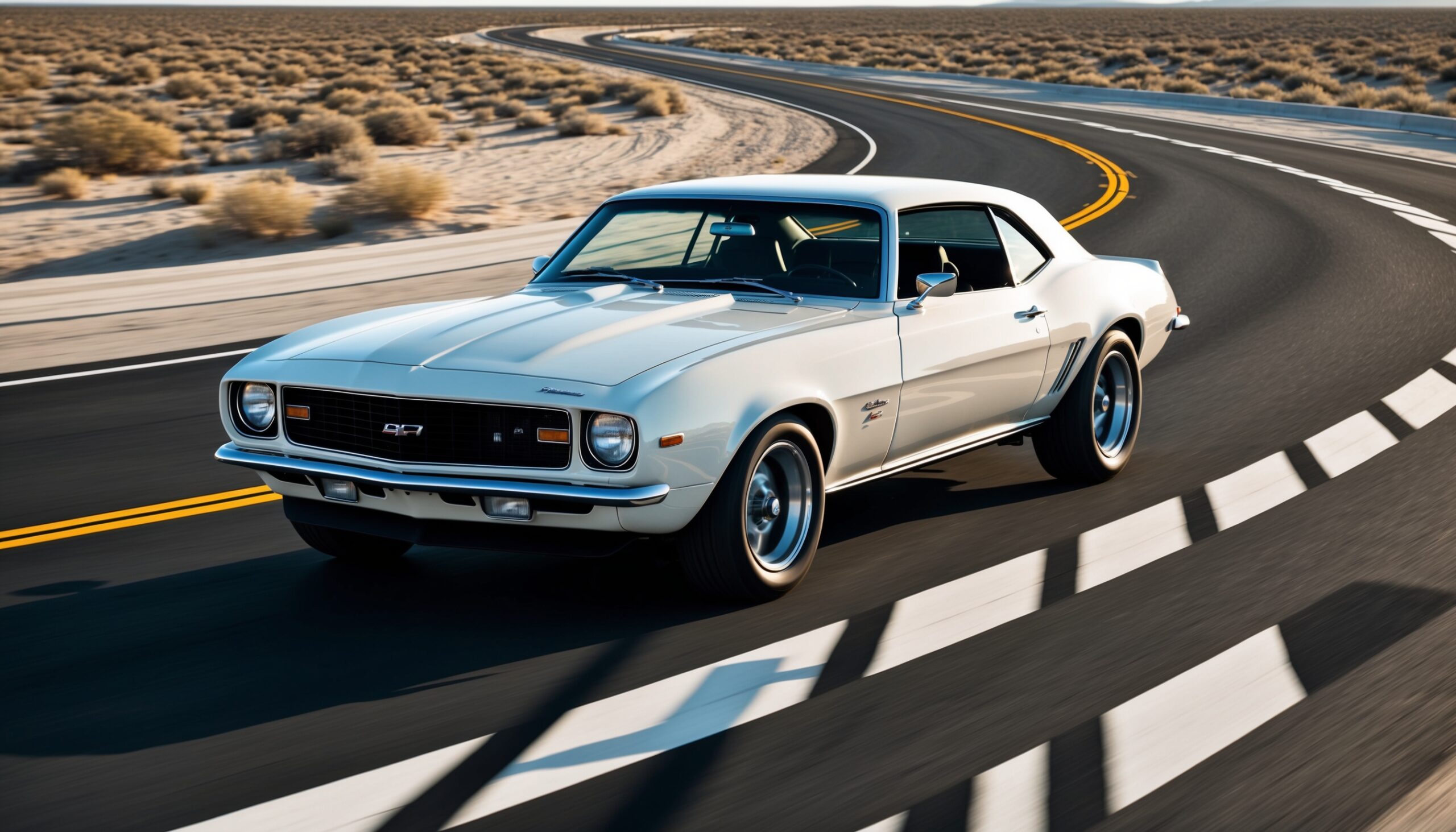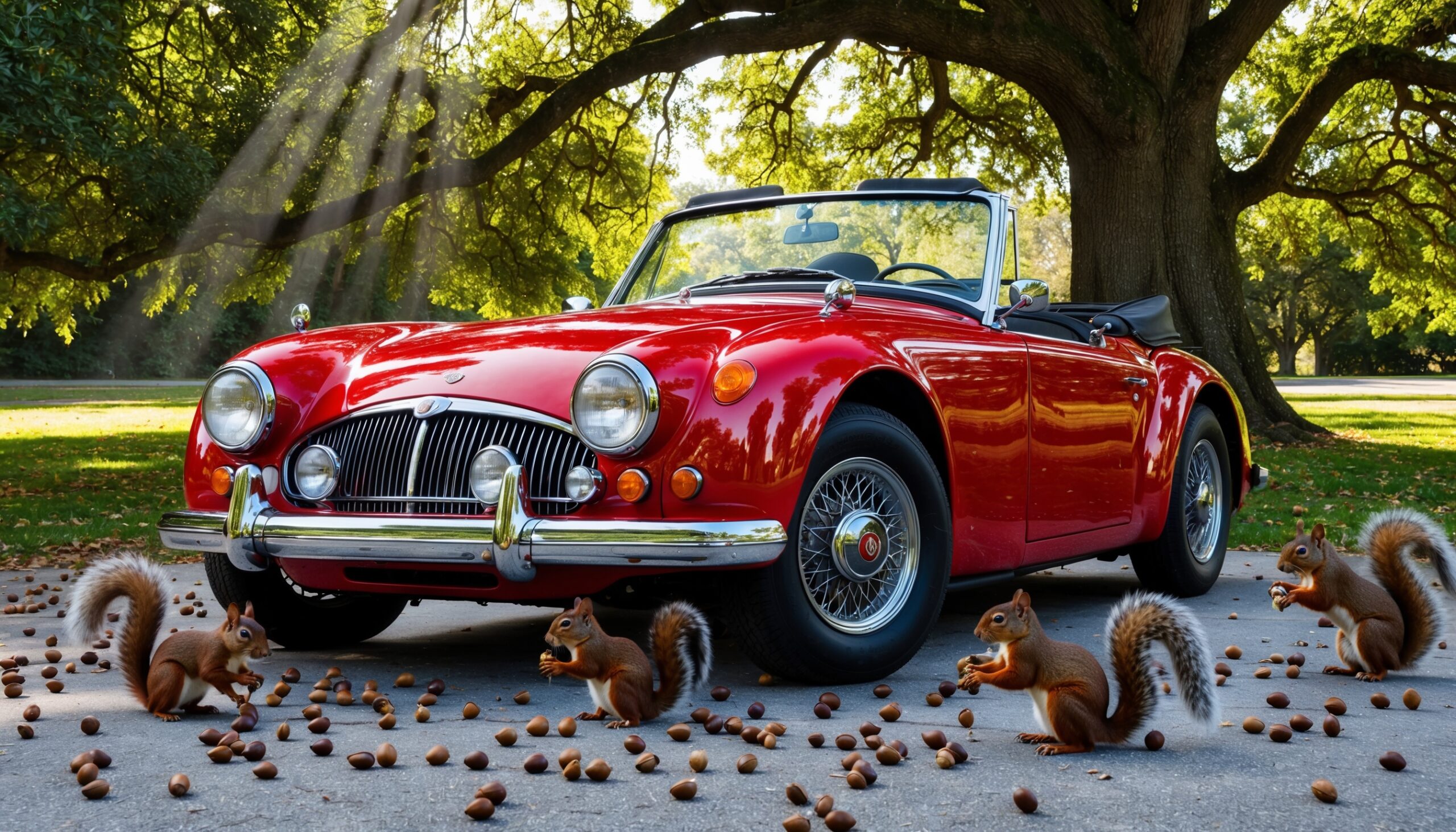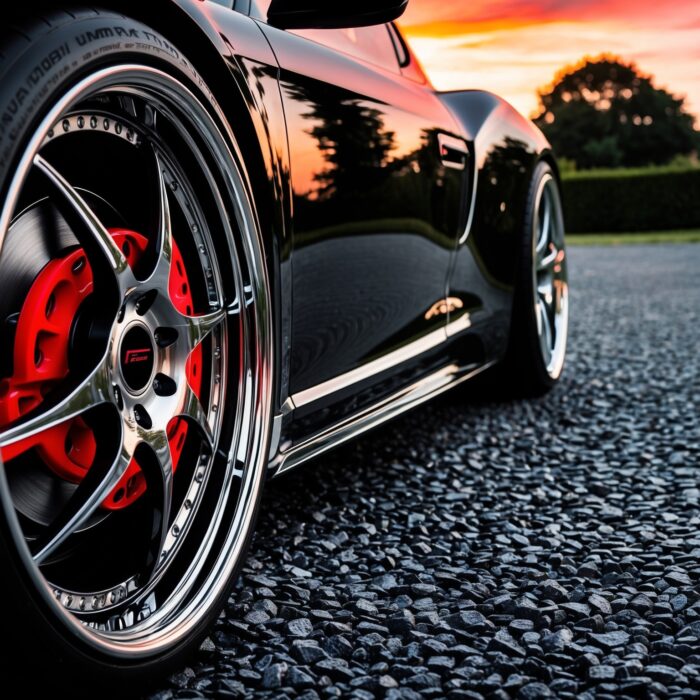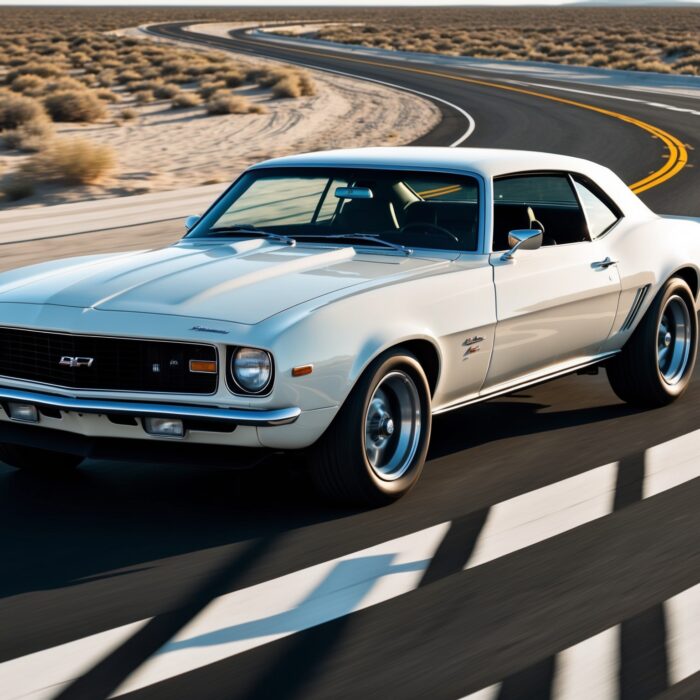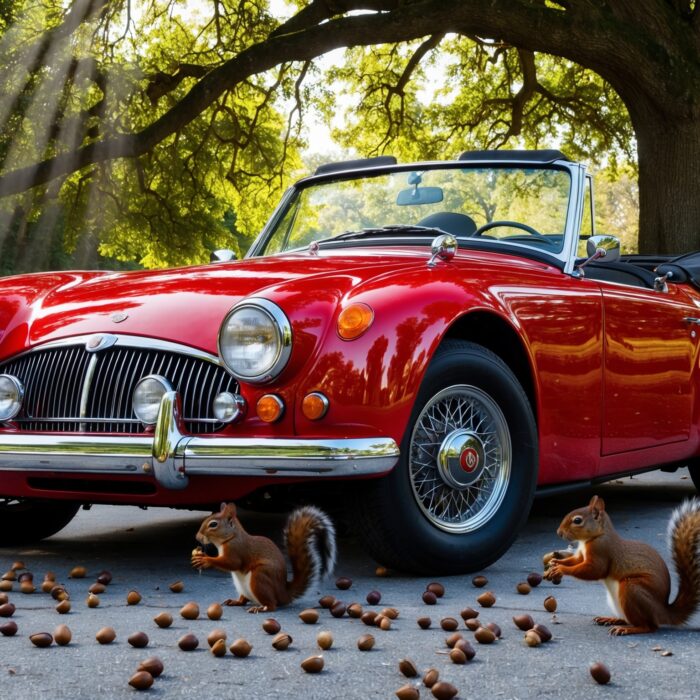Australia No Longer a Dumping Ground for Old Engines, Thanks to Emissions Regulations – VW
When you think of Australia, what comes to mind? Sun-soaked beaches, vast outback, and perhaps a few kangaroos hopping around? For car enthusiasts, Australia is also known for its thriving automotive culture. However, there’s a significant shift happening in the automotive landscape down under, one that has been long overdue: the move away from being a dumping ground for old engines, particularly in light of new emissions regulations.
Volkswagen has recently made headlines by announcing that Australia is no longer a haven for outdated, polluting engines. This is a topic that resonates deeply with both car enthusiasts and environmentally conscious individuals alike. Let’s dive into the details of this transformation and what it means for the future of the automotive industry in Australia.
Understanding the Shift in Regulations
In an effort to combat climate change and improve air quality, Australian authorities have been tightening emissions regulations. Until recently, the country had a reputation for allowing older, less efficient vehicles and engines to remain on the roads, a practice that many considered unsustainable. However, regulations have evolved, reflecting a growing awareness of environmental issues and technological advancements in the automotive sector.
The Role of Emissions Standards
Emissions standards are vital in determining the acceptable limits of pollutants that vehicles can emit. In Australia, the introduction of new emissions standards has resulted in a significant reduction in the number of older engines allowed on the market.
- Euro 5 and Euro 6 Standards: These regulations, which have been adopted in many other countries, set strict limits on carbon dioxide (CO2) and nitrogen oxides (NOx) emissions. By aligning with these standards, Australia is effectively raising the bar for vehicle emissions.
- Incentives for Electric Vehicles (EVs): The government is also promoting the use of electric and hybrid vehicles, further pushing older engine technology out of favor.
- Increased Scrappage Programs: Programs encouraging the scrapping of older vehicles have also been introduced, providing incentives for owners to trade in their old engines for newer, cleaner alternatives.
The Impact on Car Enthusiasts
For car enthusiasts, the news might elicit mixed feelings. On one hand, the idea of phasing out older engines can feel like a loss of character and charm. Classic cars, muscle cars, and vintage engines often hold a special place in the hearts of many. However, as much as we love the roar of a V8, we also understand the necessity for change.
Balancing Passion and Progress
While it’s essential to appreciate the classic engines that have shaped the automotive world, it’s equally important to acknowledge the need for progress. The industry is evolving, and with it comes a new generation of vehicles that are not only more efficient but also more enjoyable to drive.
Consider the advancements in engine technology. Many modern engines, while smaller in displacement, produce power figures that rival their larger predecessors, all while adhering to stricter emissions standards. This means that car enthusiasts can still enjoy thrilling performance without sacrificing environmental responsibility.
Volkswagen’s Commitment to Cleaner Engines
Volkswagen, a brand synonymous with iconic vehicles, is at the forefront of this shift. The company has made it clear that they are committed to reducing emissions across their entire fleet. This commitment is part of a broader strategy to lead the automotive industry into a more sustainable future.
The Electric Revolution
One of the most significant steps Volkswagen has taken is the introduction of its electric vehicle lineup. The ID. series is a testament to the brand’s dedication to innovation and sustainability. With models like the ID.3 and ID.4, VW is not just keeping up with the demand for cleaner vehicles; they are setting the pace.
- Range and Performance: These electric vehicles offer impressive range and performance, proving that you don’t have to compromise on fun when going green.
- Technological Integration: VW has incorporated the latest technology into these models, enhancing the driving experience with features like regenerative braking and advanced infotainment systems.
- Sustainability Initiatives: The company is also focusing on sustainable manufacturing processes, ensuring that their entire supply chain aligns with their environmental goals.
The Future of Automotive Culture in Australia
The changes in emissions regulations are not just about the vehicles on the road; they represent a shift in automotive culture in Australia. As the country embraces greener technologies, car enthusiasts are finding new ways to engage with their passion.
Community and Collaboration
Car clubs and enthusiast gatherings are evolving to include a broader range of vehicles, including hybrids and EVs. Events that once celebrated classic muscle cars now feature discussions on the latest advancements in electric drivetrains and sustainable racing.
Moreover, the rise of DIY electric vehicle conversions is gaining traction. Enthusiasts are taking on the challenge of converting classic cars into electric versions, merging nostalgia with modern technology. This blend of old and new is a fantastic way to keep the spirit of automotive passion alive while adapting to the changing landscape.
Challenges Ahead
While the shift away from older engines is a step in the right direction, it’s not without its challenges. One of the primary concerns is the potential impact on the classic car market. If regulations become too stringent, there may be a risk of losing valuable automotive history.
Protecting Classic Vehicles
There’s a significant community of classic car enthusiasts in Australia, and many are advocating for regulations that allow them to maintain and enjoy their vehicles responsibly. It’s crucial to find a balance that preserves automotive heritage while promoting a cleaner future.
- Advocacy Groups: Organizations dedicated to protecting classic vehicles are working to ensure that enthusiasts can continue to enjoy their cars without facing excessive restrictions.
- Restoration Projects: Restoring classic cars to meet modern emissions standards is becoming more common, allowing owners to keep their beloved vehicles on the road.
A Global Perspective
The changes happening in Australia reflect a global movement toward cleaner automotive technologies. Many countries are adopting similar regulations, pushing manufacturers to innovate and produce cleaner vehicles. As a result, we are witnessing an exciting transformation in the global automotive landscape.
Lessons from Around the World
By looking at how other countries have approached emissions regulations, Australia can learn valuable lessons. The European Union, for example, has been at the forefront of implementing stringent emissions standards, which has driven manufacturers to invest heavily in electric vehicle technology.
Additionally, countries like Norway have set ambitious goals for phasing out internal combustion engines entirely, showcasing a model that Australia might aspire to in the coming years. The drive for sustainability is not just a trend; it’s a necessity that the automotive industry must embrace to ensure a cleaner, healthier future for everyone.
Also Read: Toyota's New V-8 Might Not Be Just for Supercars
What Lies Ahead
As we look to the future, it’s clear that the automotive industry in Australia is undergoing a significant transformation. Volkswagen’s commitment to cleaner engines and the shift in emissions regulations signal a new era for car enthusiasts and manufacturers alike.
For those who love cars, this change brings both excitement and uncertainty. It’s an opportunity to embrace new technologies while still holding onto the passion that fuels our love for automobiles. The road ahead may be paved with electric vehicles, but the spirit of driving remains as vibrant as ever.

At Torque Feed, we’re excited to see how these changes will shape the future of automotive culture in Australia. The challenge lies in preserving the rich history of cars while embracing the innovations that will define the next generation of vehicles. It’s a balancing act that we, as car enthusiasts, must navigate together.
Also Read: Alfa Romeo, Maserati team up to build special cars, performance tech
Join the Conversation
As we move forward, it’s essential to engage in conversations about the future of the automotive industry. What are your thoughts on the shift away from older engines? Are you excited about the rise of electric vehicles, or do you feel a sense of loss for classic machinery? We’d love to hear your opinions and experiences.
Join us at Torque Feed as we explore the evolving landscape of cars, technology, and sustainability. Together, let’s celebrate the past while embracing a greener future for the automotive world.

